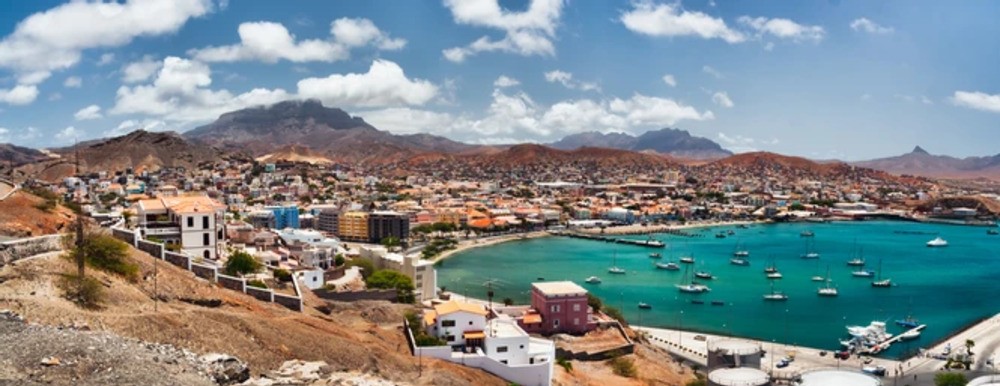Portuguese Prime Minister Antonio Costa announced on Monday that his country has reached a debt-for-nature deal with Costa Verde. Portugal will exchange its debt with the archipelago nation off the coast of West Africa for investments in an environmental and climate fund.
These “debt-for-nature” swap arrangements are becoming more common in other nations as part of efforts to find a solution to the problem that faces world leaders on how and who will pay for measures taken to lessen the effects of climate change.
None will be environmentally sustainable if all are not sustainable
The former Portuguese colony owes the Portuguese government over 140 million euros ($152 million) and more than 400 million to its banks and other financial institutions. It is already experiencing rising sea levels and considerable biodiversity loss as a result of rising ocean acidity.
According to Costa, the debt repayments to the state, which are initially scheduled to total 12 million euros until 2025, will go into the fund. Eventually, the whole amount of debt repayment will end up allowing Cape Verde to invest in the transition to clean energy and the fight against climate change.
This is a fresh seed that we plant for our next collaboration, Costa stated during a state visit to Cape Verde in statements carried by RTP television. He stressed that climate change is a worldwide concern and that no country will be environmentally sustainable if all countries are not sustainable.
He did not say whether the agreement included debt owed to Portuguese businesses, but he expressed the hope that businesses would also be involved in a variety of fields, such as energy efficiency, the generation of renewable energy, and the storage of green hydrogen.
Cape Verde urgently needs a finance tool to meet natural disasters
Ulisses Correia e Silva, the prime minister of Cape Verde, stated that his nation urgently needs to create systems and finance tools to assist such solutions and handle natural disasters.
Cape Verde is an island nation located off the west coast of Africa that is vulnerable to natural disasters such as hurricanes, droughts, and floods. The country’s location in the Atlantic Ocean makes it susceptible to hurricanes, particularly during the Atlantic hurricane season which runs from June to November.
Droughts are also a frequent occurrence in Cape Verde, often caused by a lack of rainfall and exacerbated by the country’s arid climate. Floods can also occur during the rainy season, which runs from August to October, and can cause damage to infrastructure and homes.
The country’s economy is heavily dependent on tourism, which natural disasters can negatively impact. The government and international organizations have been working to improve the country’s disaster preparedness and response capabilities to minimize the impact of these events on citizens and the economy.
Debt-for-nature transactions can be beneficial. They can create the so-called green and blue bonds that attract a rapidly expanding number of investors looking to achieve net-zero carbon emissions and other environmental goals. Also, they support conservation projects on land and at sea.
What is a debt-for-nature deal?
Debt-for-nature deals are a type of financial transaction in which there is an agreement for a country’s debt annulation or reduction. It is due to making an exchange for the country’s commitment to protecting its natural resources. Countries typically make these deals between the country in debt and a foreign government or international organization, such as the World Bank or the Nature Conservancy.
The idea behind debt-for-nature deals is to provide both financial relief to the country in debt and to promote the conservation of the country’s natural resources.
The world has used these deals in a number of countries, including Costa Rica, Ecuador, Zambia, and the Philippines. Supporters argue that debt-for-nature deals can be an effective way to address both financial and environmental issues.
Critics of debt-for-nature deals argue that they can be exploitative, as they allow wealthy countries and organizations to dictate the environmental policies of poorer countries.
Nevertheless, this kind of deal is a positive way to tackle the two major issues of debt and conservation in a mutually beneficial way.

